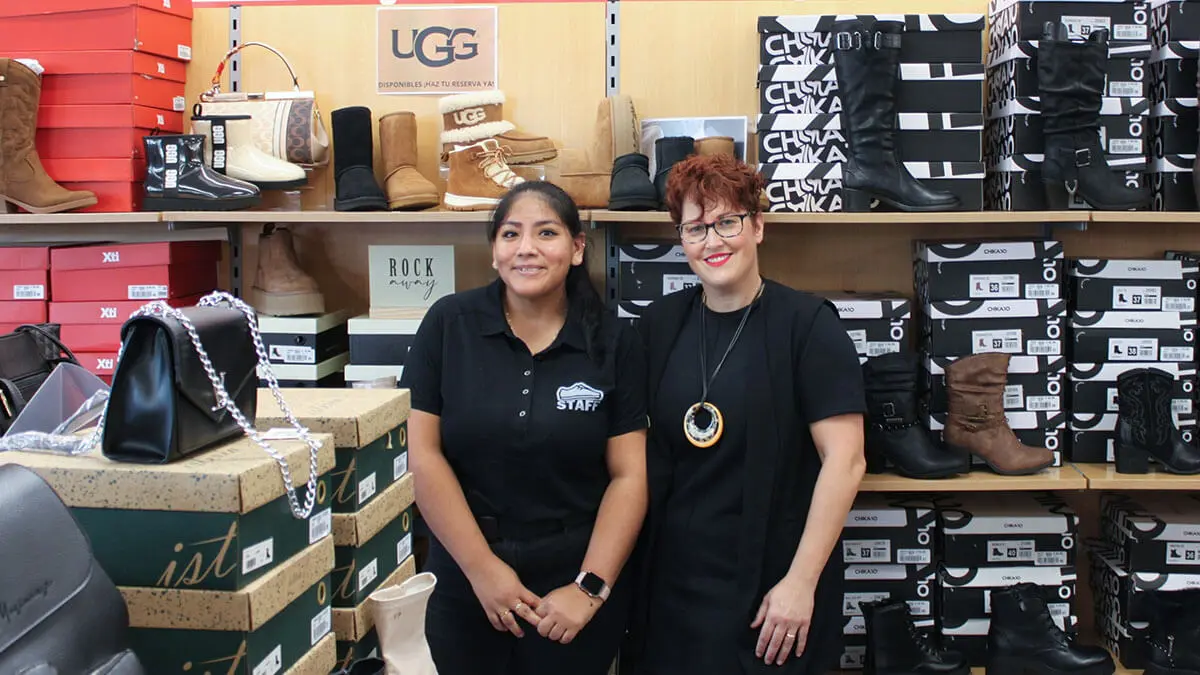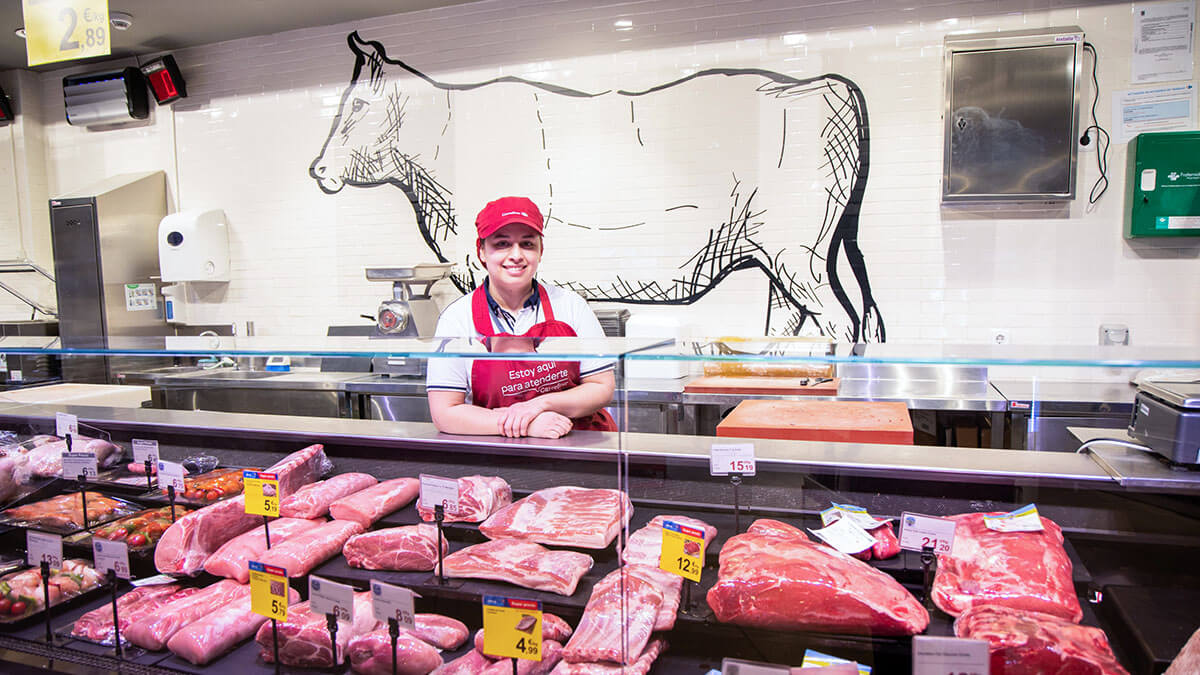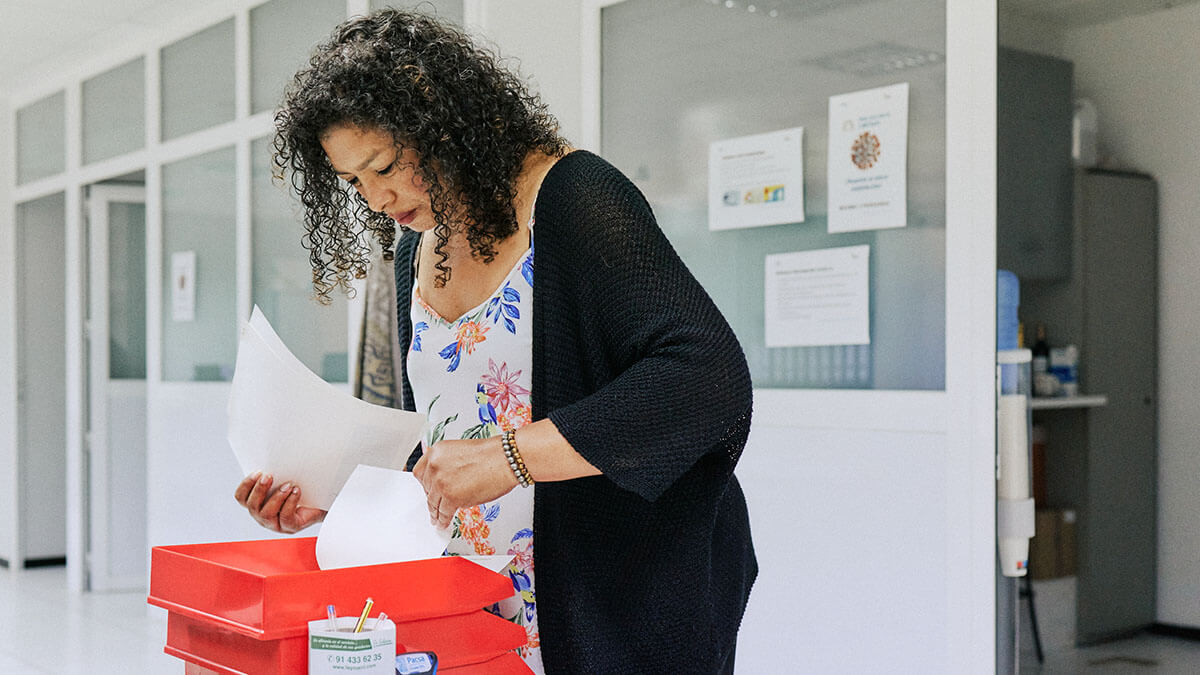Incorpora of La Caixa has attended to more than 65,000 people and facilitated 22,637 hirings in a situation of vulnerability

- Incorpora: networking of entities and technicians
- Training to improve employability
- Incorpora technicians, the link between companies and people looking for work
- Self-employment as a way of accessing a professional activity
Disability, origin, gender, educational level, or other socio-economic factors such as having no income or living in an unfavourable environment, are risk factors that act as barriers to accessing the labour market and prevent identifying and recognising the motivation and talent that these people have.
In this context, since 2006 the ‘la Caixa’ Foundation has been promoting the Incorpora programme with the aim of accompanying, through the social entities that make up its network, people with disabilities, young people at risk of exclusion, women victims of gender violence, unemployed people over 45, people deprived of their liberty and people with mental health problems, among other groups to whom it provides support. The ultimate goal is to improve their employability and achieve socio-occupational integration to facilitate their social inclusion.
The labour inclusion of these people who find it more difficult is not possible without the support of the business fabric, as an agent that generates employment.

In the first half of 2024, the Incorpora programme provided 22,637 jobs. Of the total number of jobs created, 11,149 were for women and 10,466 for men. In addition, 5,332 were people with disabilities and 17,305 were people at risk or in a situation of exclusion.
The programme has had the collaboration of 10,467 companies, of which 4,149 have done so for the first time. This figure illustrates the intense awareness-raising work carried out by the programme's technicians to increase the number of companies that see the Incorpora programme as an opportunity to express their commitment to non-discrimination and equal opportunities and to create increasingly diverse and inclusive work environments. Diversity in the workforce not only improves corporate culture, but also boosts creativity and innovation. Companies that integrate their social commitment into their business strategy also contribute to creating a fairer, more ethical and sustainable future.
Through their commitment to social and labour insertion, these companies contribute to SDG 8 (‘decent work and economic growth’) and SDG 10 (‘reducing inequalities’), included in the United Nations 2030 Agenda, by opening up new employment opportunities for vulnerable groups and helping to create positive impacts for people and society, as well as developing solutions for sustainability.
Incorpora also makes a very significant contribution to SDG 17 (‘partnerships to achieve the goals’) by encouraging the construction of alliances between third sector entities and collaborating companies. In Spain, 411 entities are involved in the Incorpora programme and the network totals 488 entities, if we add those in Portugal, Morocco, Hungary and Poland, where the programme is also implemented.

Incorpora: networking of entities and technicians
Networking between the social entities linked to the Incorpora programme and their technicians is essential, as collaborative work increases the possibilities of covering the job offers presented by companies more quickly and with higher quality.
The programme's technicians design personalised integration itineraries that recognise the potential of the programme's users and promote their participation in order to achieve effective integration into the labour market. Making the person feel protagonist of their progress and of their process of change is fundamental to build the necessary confidence to look for a job and increase their autonomy, factors that are key to their successful integration.
‘Getting a job goes far beyond an employment contract. The greatest achievement of the Incorpora Programme is that people in vulnerable situations improve their wellbeing, expand their social network and enjoy an autonomous life project. And this is possible thanks to the alliance between social entities and the business fabric, united by the commitment to generate positive impacts for people and contribute to a more inclusive society’, said the Deputy Director General of the “La Caixa” Foundation, Marc Simón.
Training to improve employability
The programme promotes training actions, with the direct involvement of companies, to improve the employability skills of participants. Incorpora training helps participants to increase their technical skills and also the transversal skills most in demand by companies, such as flexibility, interpersonal skills, teamwork and digital skills, all of which are essential for the correct performance in the workplace.
The design of the training takes into account the demand from companies and the lack of personnel in certain sectors of the market, which results in very high insertion rates when students complete the practical phase of the course.
In the first half of the year, in the 145 training courses completed, with 2,375 people, 1,484 people found employment, 62.5% of these participants
Incorpora technicians, the link between companies and people looking for work
The Incorpora professionals are an essential pillar of the programme due to the personalised attention they offer. The tasks they carry out include prospecting companies, designing and accompanying people both in their insertion itineraries and post-hiring, advising hiring companies to facilitate the adjustment of people to the characteristics of the jobs and raising awareness in order to get new companies to collaborate with the programme.
In total, 1205 technicians work to find job opportunities for those who need them through the Incorpora programme. People for whom a job is the start of a new life, a way out of a situation of exclusion and an opportunity to improve their autonomy.

© Xavier Menós. la Caixa’ Foundation
Self-employment as a way of accessing a professional activity
Among the group of people who are vulnerable to employment there are also people with an entrepreneurial profile who are considering accessing a professional activity by setting up their own business. For these people, the Incorpora programme has 45 Self-Employment Points throughout Spain where, through specialised professionals, a personalised support itinerary is offered to develop a business plan and analyse its viability in order to create a company.
In the first six months of 2024, the Self-Employment line of the Incorpora programme has helped to promote 877 new businesses led by people at risk of social exclusion, 3.5% more than the previous year.








